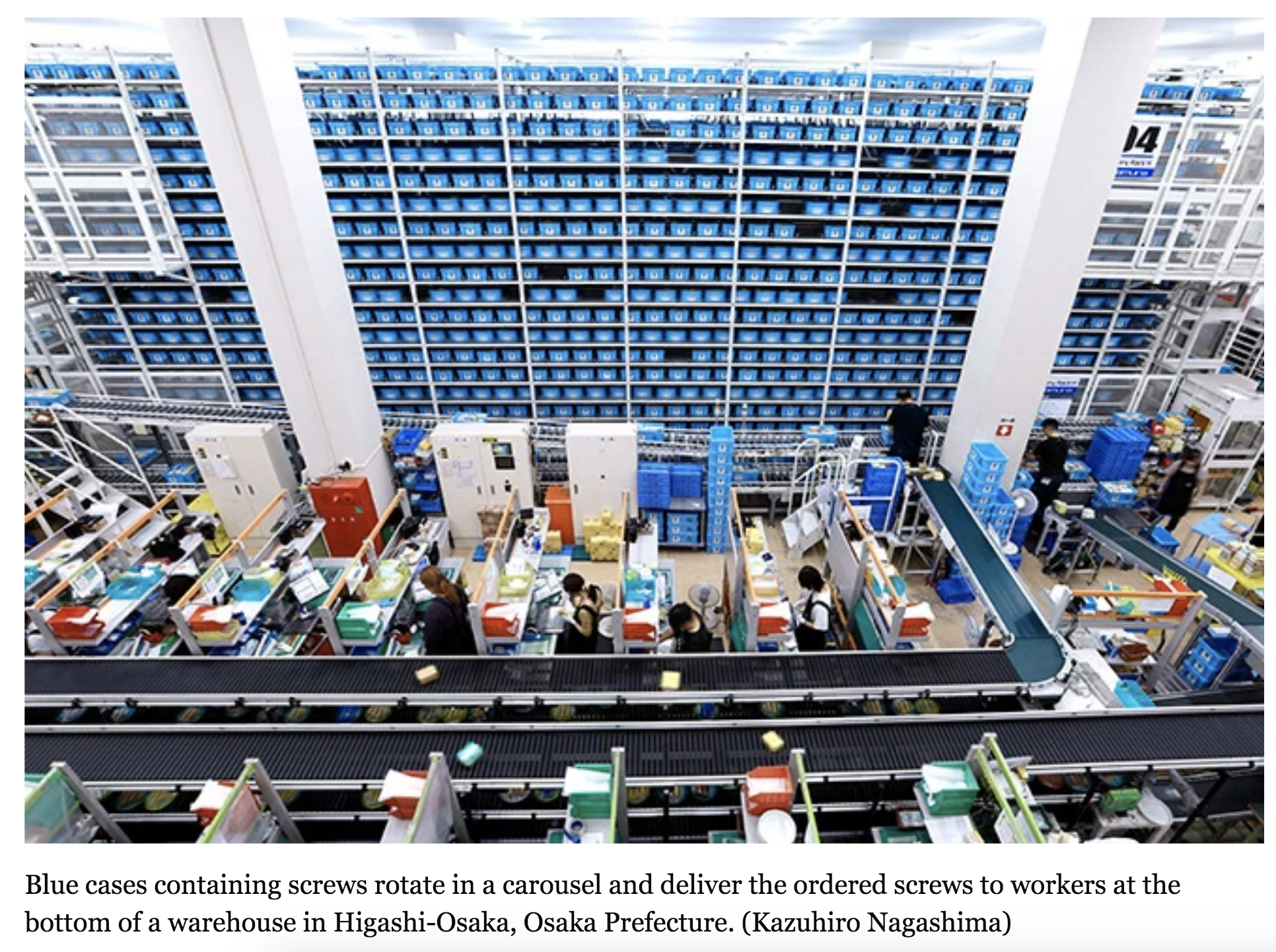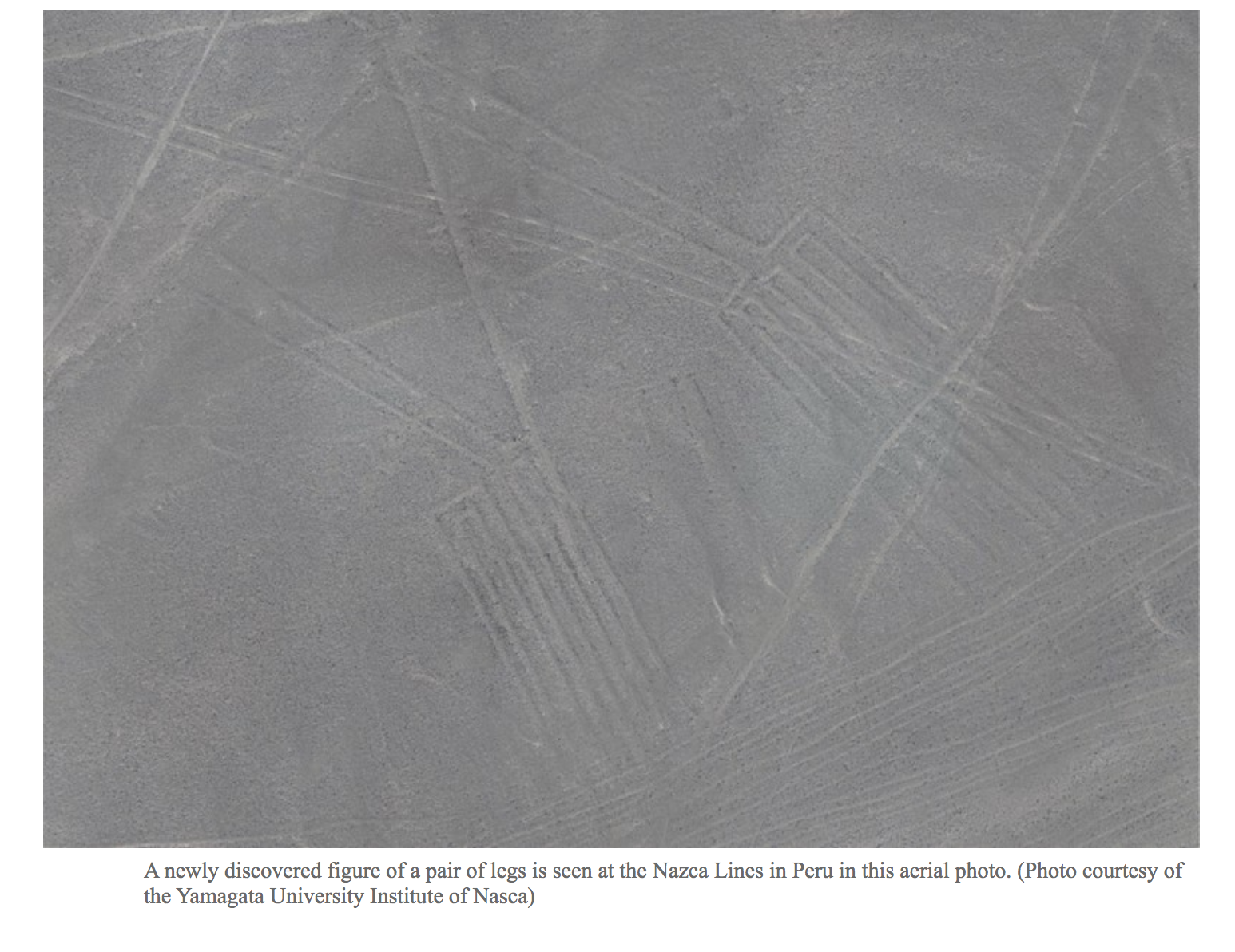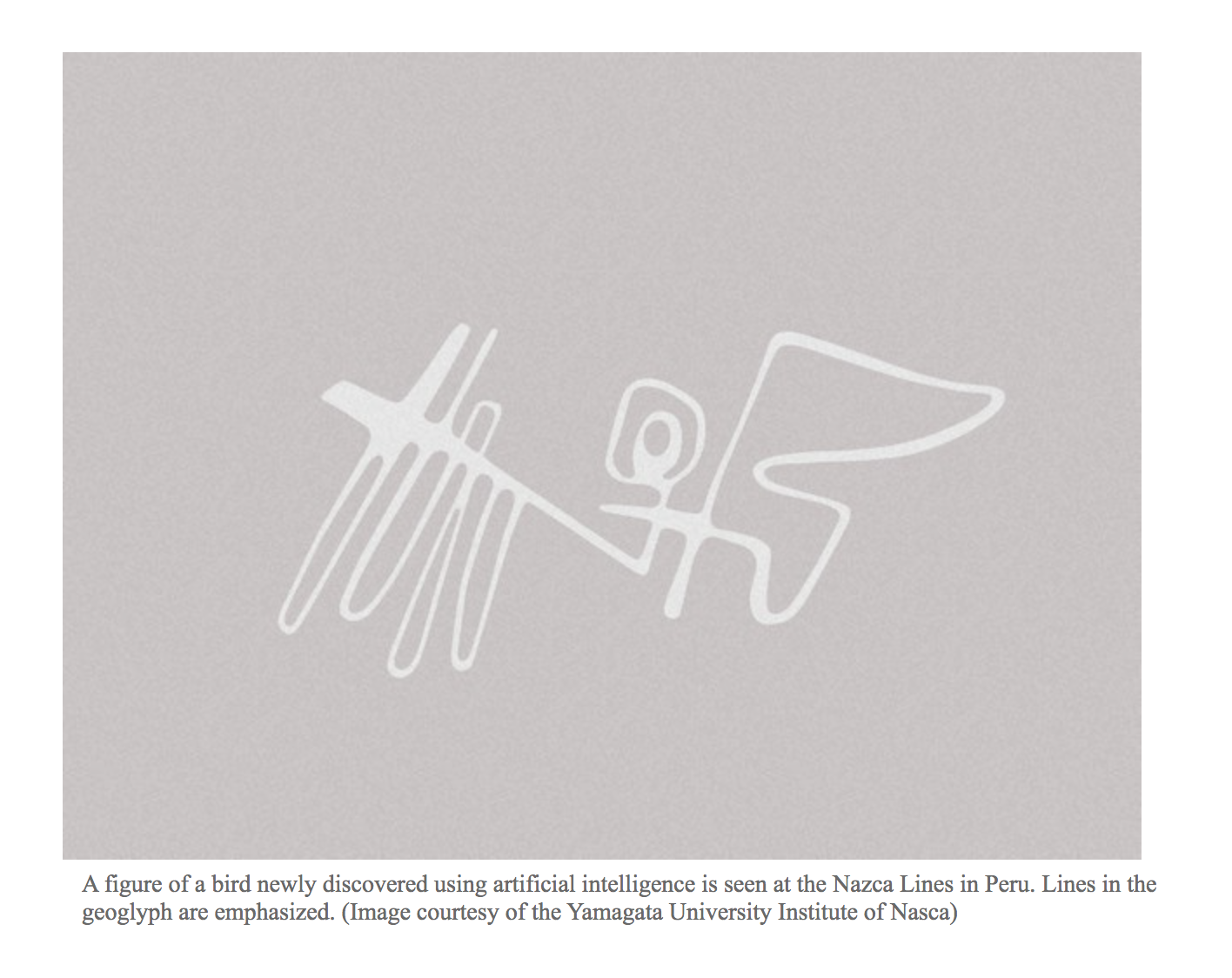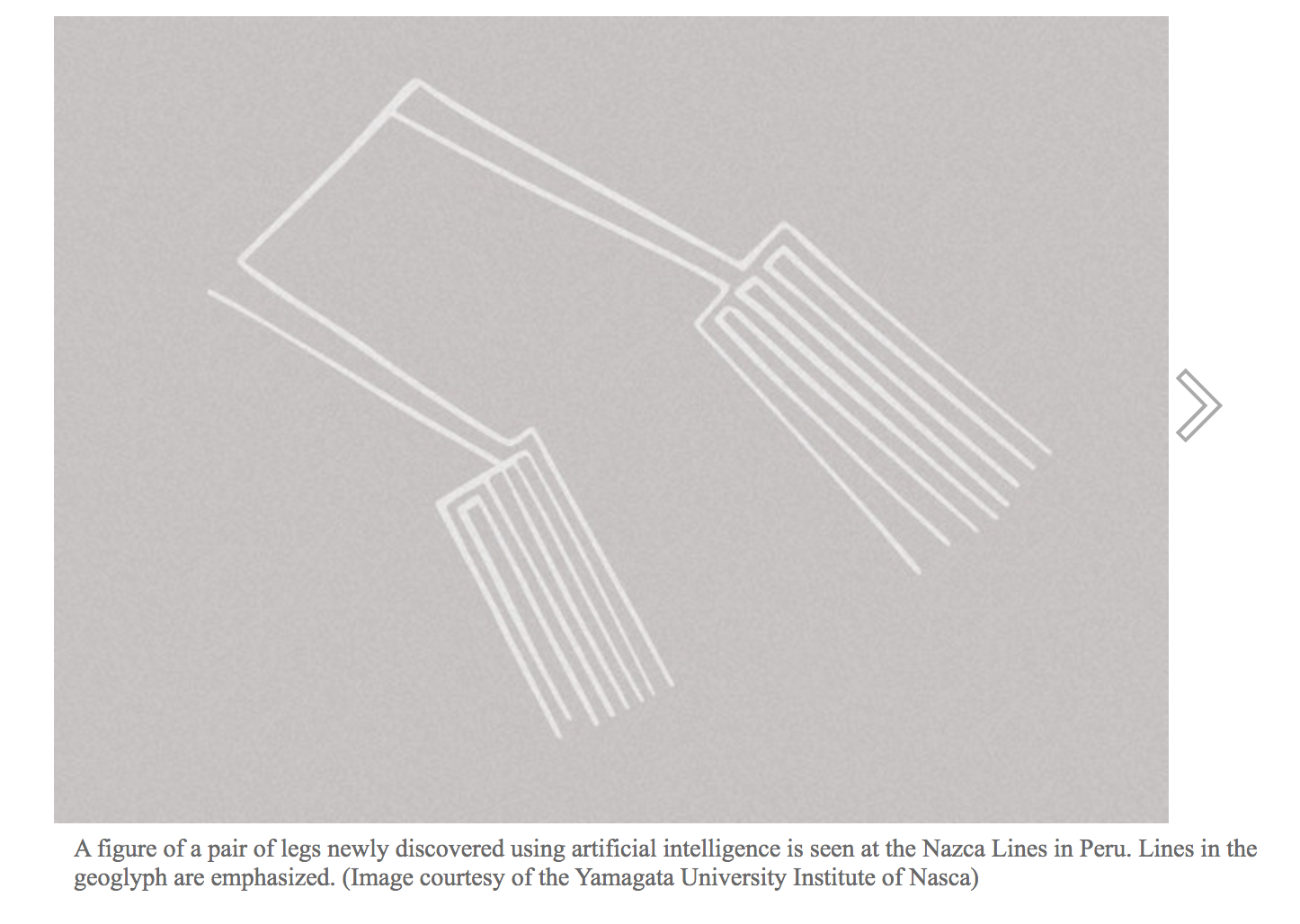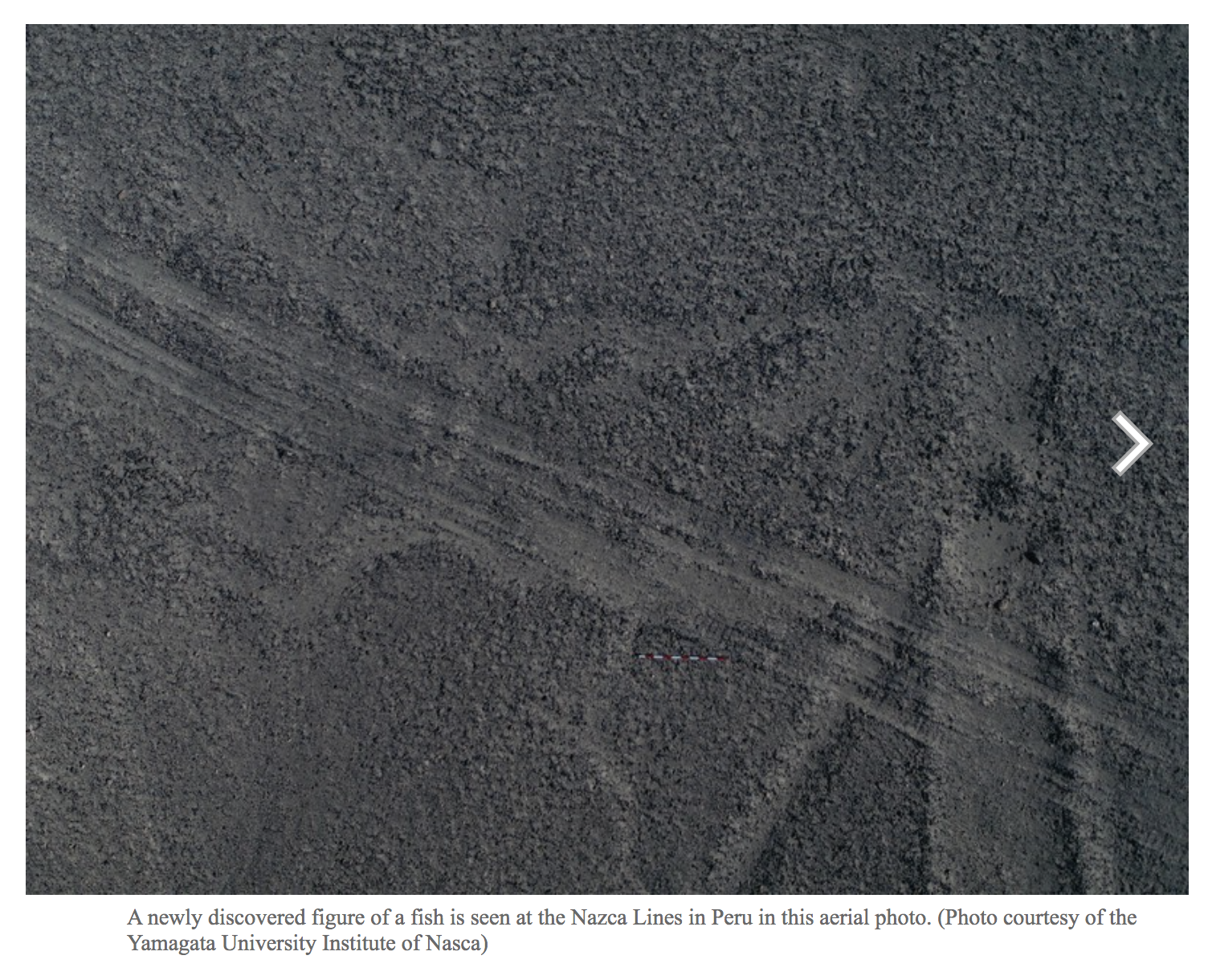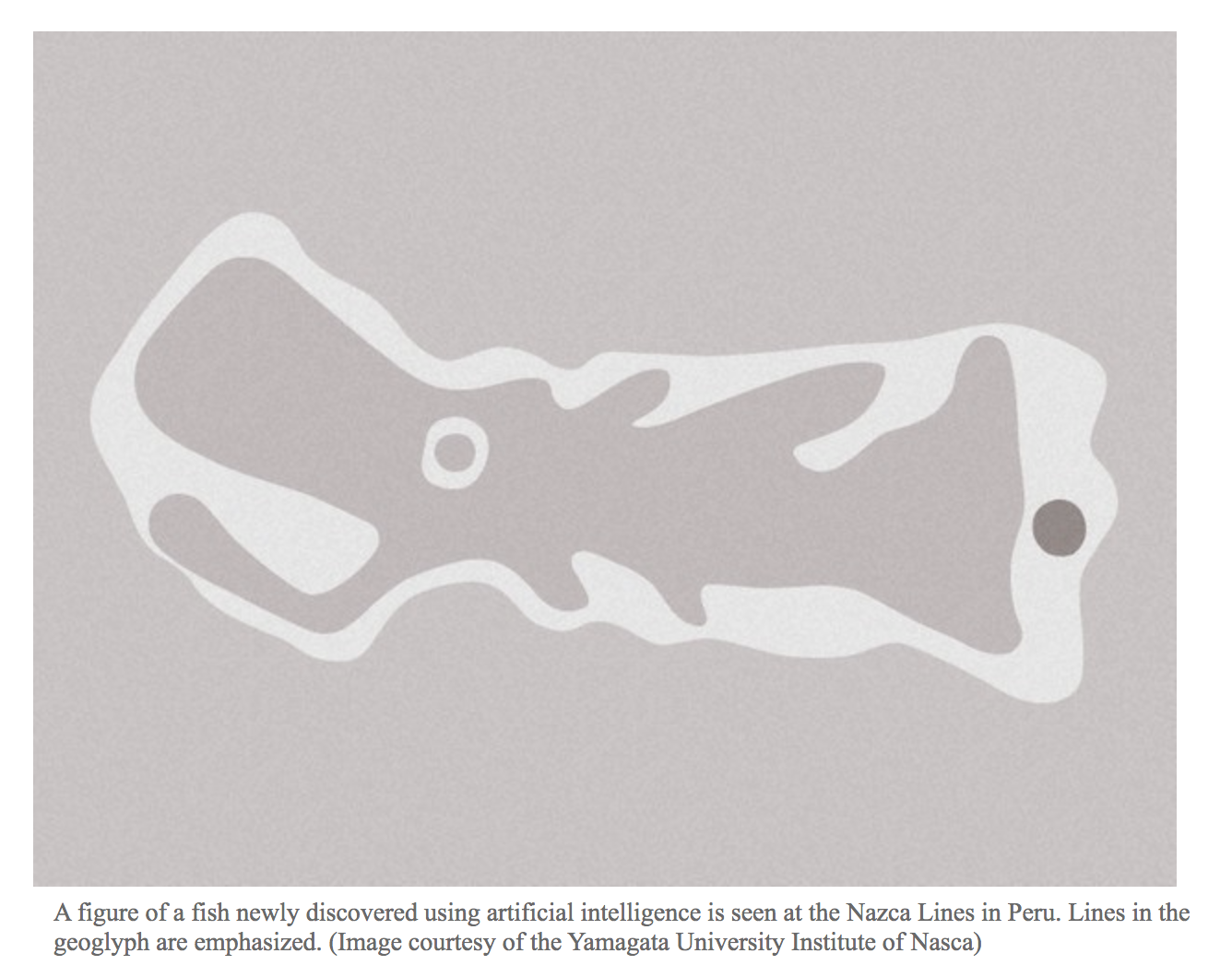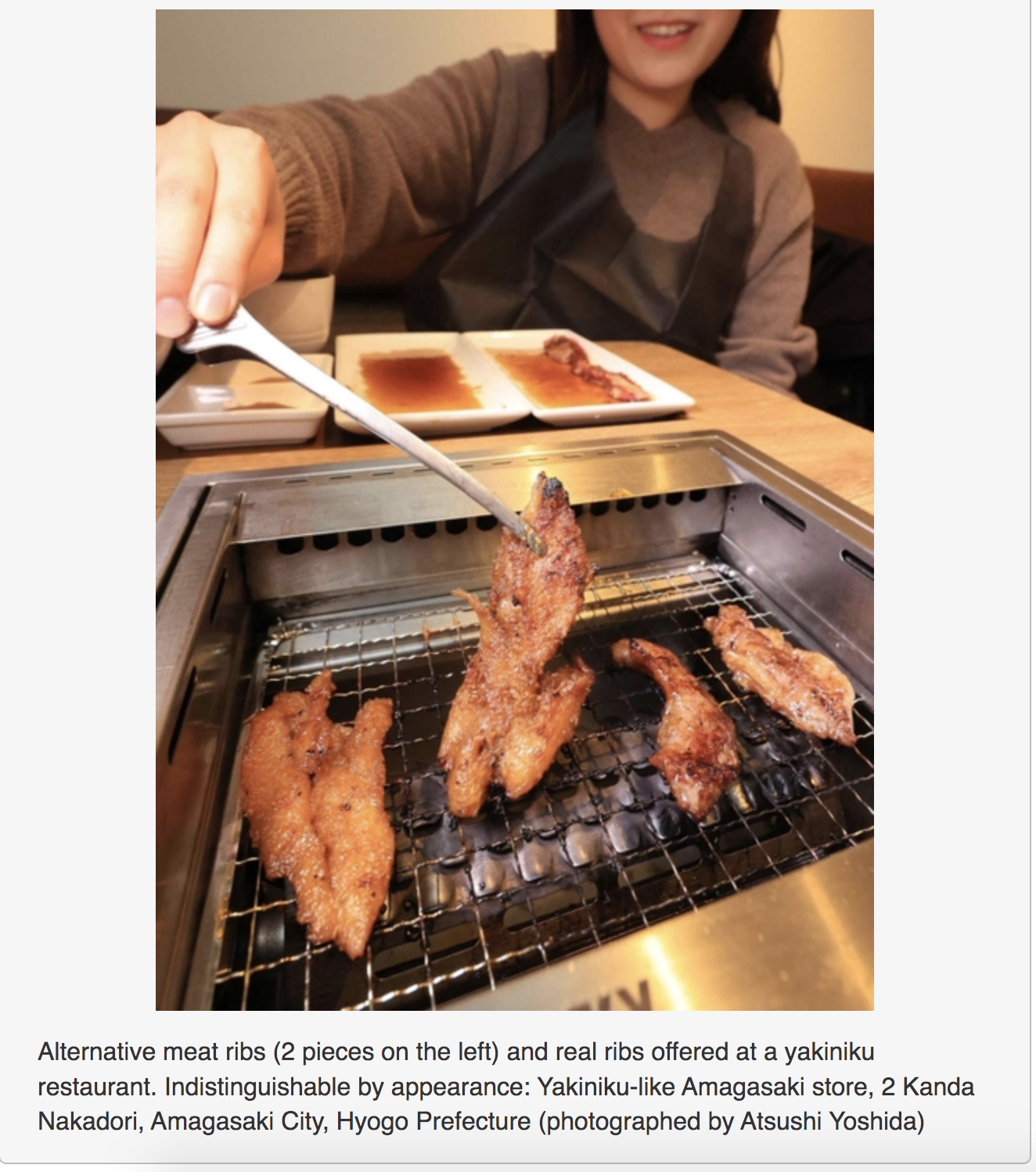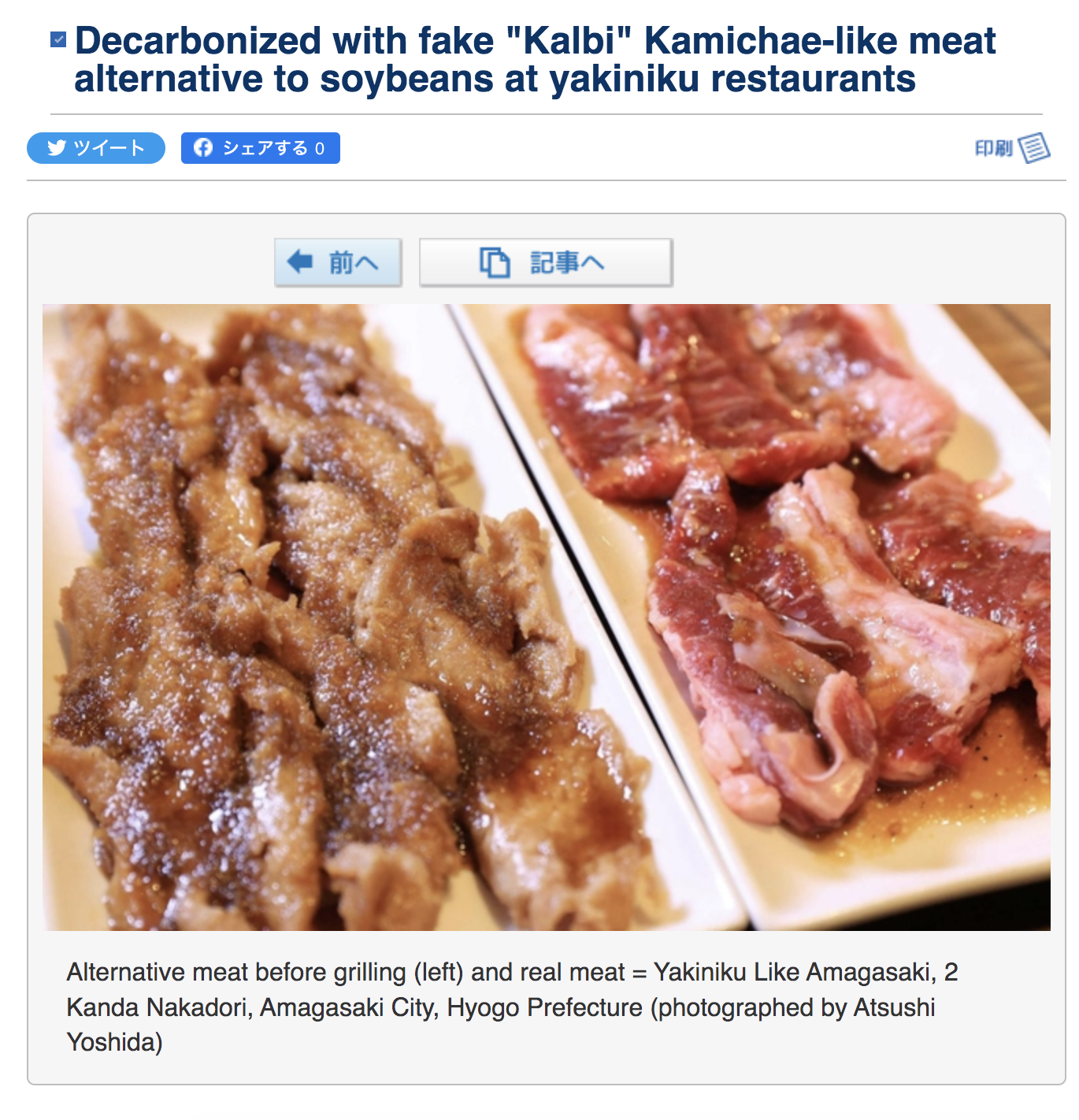Japan Wut 110 "Techno-Climate Wars"
ON THIS INSTALLMENT…
DONATE: PAYPAL.ME/JAPANWUT
… We cover why weird men appear when a group of people exceeds 100, Bill Gates giving PM Kishida an SDG Award, and the Japanese Self Defense Forces plans to use AI and fight climate change. Plus some good ol’ bug eating.
Follow Matt: Twitter / Facebook Page / Instagram
Official Website: matthewpmbigelow.com
SHOW NOTES 110
NEW PRODUCT
SOCIETY 5.0
Japan
WAR
EAT THE BUGS
Title: Insect Consumption on the Rise: Pursuing Sustainability and Food Culture (Published on September 20th) chugainippoh
Date: September 22, 2023, 09:54 AM
As the trend of consuming dishes made from insects gains momentum, 88.7% of those who have tried insect-based cuisine responded positively, stating that it was "delicious." Furthermore, around 60% anticipate the widespread adoption of insect consumption in Japan in the future. These findings stem from a tasting survey conducted last year by the Tokyo University of Agriculture's Bio-Robotics Laboratory, which focuses on edible insects in the context of Sustainable Development Goals (SDGs). In light of global food crises and concerns, insects are gaining attention as the next-generation food resource, with practical applications advancing in Japan as well. However, while there are benefits, such as minimal environmental impact, there are also challenges and lingering aversions, making it uncertain whether insect-based cuisine will be embraced on a broad scale, akin to traditional Japanese cuisine.
The aforementioned tasting survey featured dishes like deep-fried crickets and cookies containing cricket powder, known as "Land Shrimp Salamino." According to reports, various insect-based foods made from creatures such as cicadas, grasshoppers, and bees are already available in the market. Some restaurants even offer dishes like crepes made with aquatic insect caddisfly meat or noodles infused with crickets.
However, it is undeniable that there are still people who might refuse to eat these dishes, possibly due to reservations about the appearance of the ingredients. It's worth considering that the university's survey may have been biased, being conducted only among students, and in fact, 10% of the surveyed students did not try the insect-based dishes. As an experiment, some individuals sampled commercially available cricket-infused chocolate and rice crackers. While the rice crackers had a flavor reminiscent of shrimp chips, it wasn't something that most people found appealing, and there wasn't a significant allure to choose them. In other surveys, nearly 90% of respondents expressed a reluctance to try insect-based foods.
The United Nations Food and Agriculture Organization issued a report in 2013 recommending the consumption of insects, and in Europe, commercialization is advancing. According to the organization's data, producing 1 kilogram of protein from cows requires 10 kilograms of feed, while chickens need 2.5 kilograms. In contrast, crickets can produce the same amount of protein with just 1.7 kilograms of feed. There are benefits to insect farming, including the ability to produce on a small scale and emitting fewer greenhouse gases compared to livestock farming. Given the backdrop of climate change and food shortages caused by population growth, there are hopes that insects could play a role in addressing these challenges.
In Japan, there has been a long-standing tradition of consuming insects such as locusts. The act of consuming living creatures as part of the "food" is a cornerstone of cultural significance. However, the expansion of "food tech," including genetic modification, driven by economic efficiency and profit motives, as well as the high-tech and industrialization of agriculture and fisheries under the banner of "food security," poses a significant threat to traditional food cultures rooted in a connection with nature and the livelihoods of those who practice them.
For instance, genetically edited white crickets have been created solely for their appearance, and if these were used as raw materials for mass-produced food items, it could lead to discomfort and concerns. From a sustainability perspective, religious communities may also consider insect consumption. Nonetheless, the key to evolving food culture ultimately lies in the development of methods that genuinely prioritize environmental and natural considerations, ensuring safety and making people want to consume such foods.
Photos for show 110



